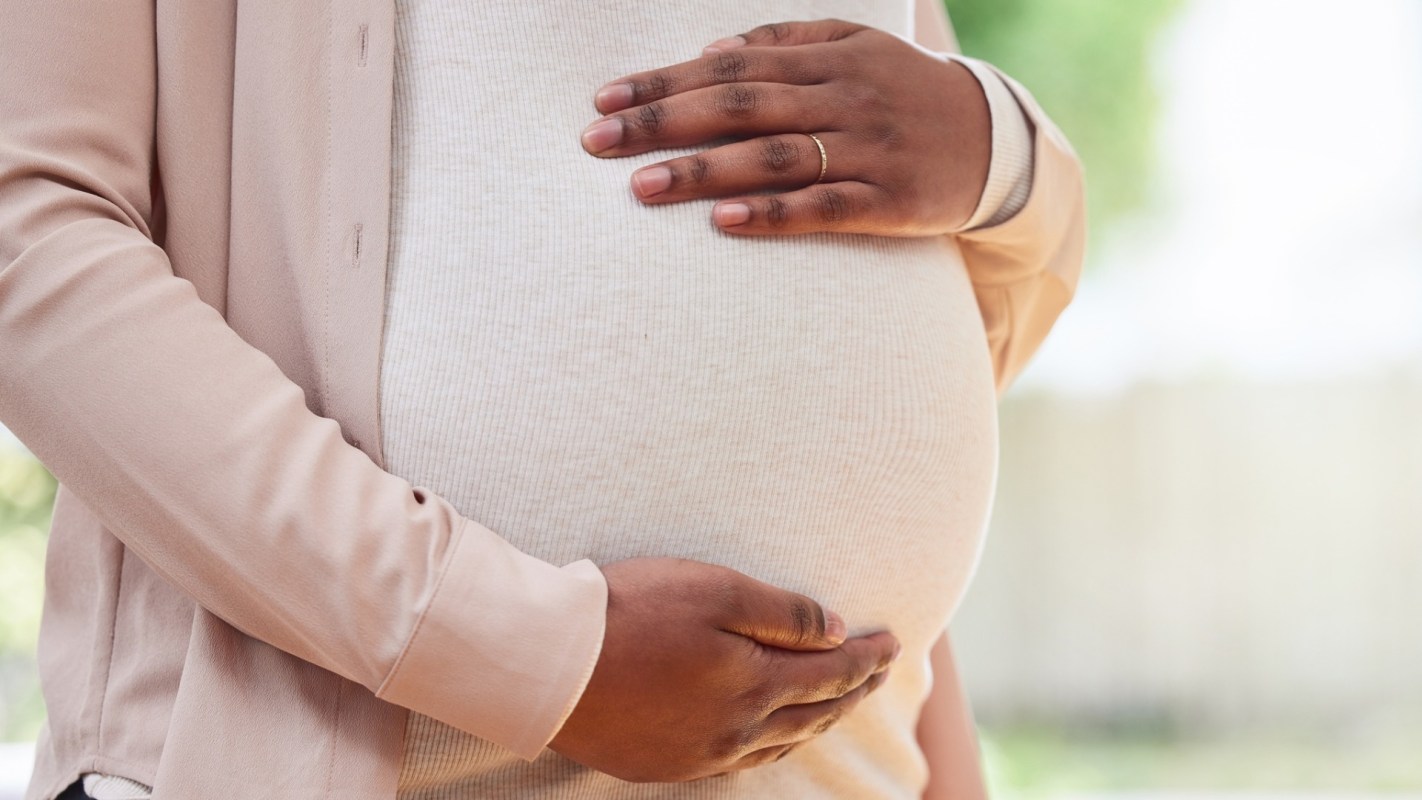Millions of Americans are regularly exposed to lead in their drinking water. And while that issue poses all kinds of risks, it's especially dangerous for pregnant people.
According to a recent investigation by the Guardian, more than 25 million Americans — over 7% of the country — are regularly exposed to water systems that repeatedly violate the safety standards laid out in the Clean Water Act.
In 2021, the Environmental Protection Agency found that more than 38,000 public water systems — 25% of the nation's nearly 150,000 water systems — have at least one violation.
Lead water pipes are one of the biggest threats to Americans. Exposure to lead in drinking water is connected to an increased risk of miscarriage or pregnancy complications like hypertension, premature birth, low birth weights, and cognitive or behavioral disorders.
And for pregnant people, particularly women of color, water quality can mean the difference between a healthy pregnancy and a problematic one. According to Nexus News, Black communities in particular suffer from the dangers of lead-based pregnancy complications.
"A legacy of disinvestment in historically Black communities contributes to an existing maternal health crisis: Black mothers suffer higher rates of miscarriage and stillbirth and are three times more likely to die from a pregnancy-related cause than white mothers," according to a recent Nexus News article.
This also mirrors infrastructure needs in communities of color versus white and affluent communities. According to the Pulitzer Center, lead pipes and lead exposure disproportionately affect communities of color.
Drinking water poses other threats, too. Last summer, residents in Jackson, Mississippi faced boil-water notices. And just a month after that, a storm impeded the region's water treatment plant, further reducing access to safe drinking water for the city's 150,000 Black residents.
Indigenous communities also face similar threats at alarmingly high rates. An estimated 48% of tribal homes lack access to clean water.
"When people reduce reproductive justice to only questions about having babies or not, it completely sidesteps this responsibility to create communities in which children don't have to deal with ongoing toxic exposures through the land, air, and water," Jade Sasser, an associate professor at the University of California, Riverside, told Nexus News.
President Biden recently pledged to replace every lead pipe in the U.S., earmarking $4 billion from the Bipartisan Infrastructure Law to fund the project.
According to Tamarra James-Todd, an epidemiologist at the Harvard T.H. Chan School of Public Health, the issue is much larger than headlines make it out to be.
"We get these snippets of stories that highlight what are really tip-of-the-iceberg moments," James-Todd told Nexus News. "You see Flint, you see Jackson … But there are many more situations where people don't have access to clean water."
Want more? Follow The Cool Down on Instagram and join our Weekly Newsletter for cool stories and easy tips that save you money, time, and our planet.








